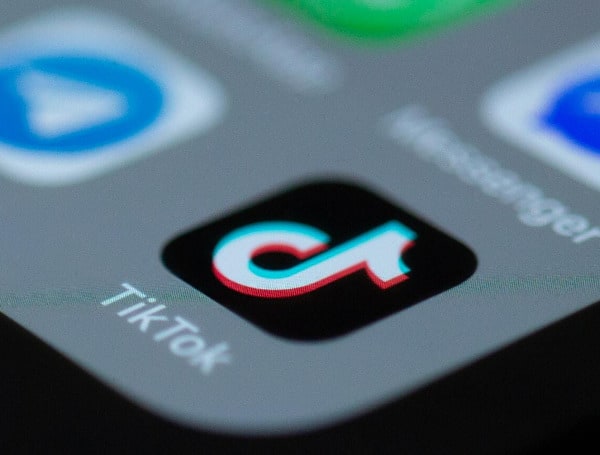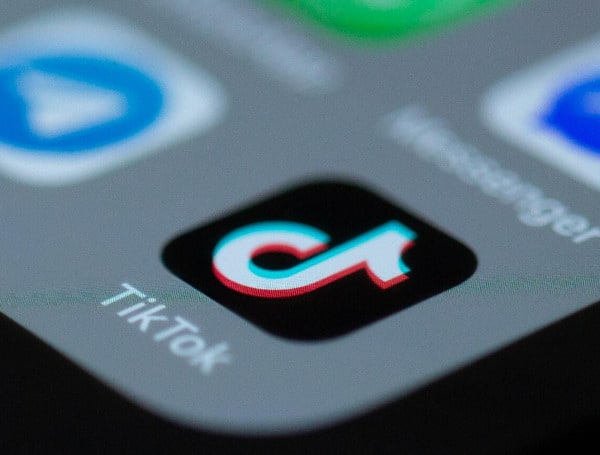The Liberty Justice Center, alongside a group of TikTok creators, has filed an emergency application with the U.S. Supreme Court, seeking to block a federal law that would ban TikTok in the United States starting January 19, 2025.
The application calls for an injunction to temporarily prevent enforcement of the ban while the Court considers the creators’ forthcoming petition to challenge the law on First Amendment grounds.
The ban, enacted under the Foreign Adversary Controlled Applications Act signed by President Biden in April 2024, prohibits U.S. users from accessing, maintaining, or updating apps owned by “foreign adversaries,” including TikTok. Critics argue the law infringes on free speech rights and unfairly targets millions of Americans who rely on TikTok for communication, including political discourse.
READ: Vivek Ramaswamy Unveils DOGE Plan To Slash Federal Waste: “We’re Not Here To Cut Ribbons”
The Liberty Justice Center argues the ban will cause irreparable harm to free speech, including the operations of its client, BASED Politics—a nonprofit focused on free-market and individual rights education. The nonprofit frequently uses TikTok to disseminate political content and fears being silenced at a critical time, including on issues like President-elect Trump’s upcoming policy decisions.
The Center’s President, Jacob Huebert, emphasized the urgency of the matter. “If it takes effect, the TikTok ban will shut down the speech of millions of Americans—including our clients’ speech on important political ideas and events. The Supreme Court must uphold the First Amendment and ensure government claims of ‘national security’ are not used to suppress free expression.”
The Liberty Justice Center originally filed a First Amendment challenge to the ban in June 2024, arguing that banning an entire platform is an unconstitutional overreach. The case was consolidated with challenges brought by TikTok Inc., ByteDance, and other creators, leading to oral arguments before the U.S. Court of Appeals for the District of Columbia.
READ: University Of Delaware Pays $716K For Failing To Disclose Professor’s Ties To Chinese Government
On December 6, the appeals court upheld the ban, deferring to the Department of Justice’s assertion that TikTok posed a national security risk by potentially mishandling Americans’ data and promoting content counter to U.S. interests. However, the creators contend that speculative risks do not justify suppressing free speech under the First Amendment.
What’s Next?
The emergency application to the Supreme Court seeks to halt the ban while the Court decides whether to hear the case. The application also requests that the Court consider the filing as a petition for certiorari to expedite the resolution. If granted, the case could become a landmark First Amendment decision, addressing the limits of government authority to regulate online platforms in the name of national security.
The Liberty Justice Center is known for its role in landmark cases, including its 2018 Supreme Court victory in Janus v. AFSCME, which protected the rights of public-sector employees. The Center hopes its latest challenge will reinforce constitutional protections for speech in the digital age.
Please make a small donation to the Tampa Free Press to help sustain independent journalism. Your contribution enables us to continue delivering high-quality, local, and national news coverage.
Connect with us: Follow the Tampa Free Press on Facebook and Twitter for breaking news and updates.
Sign up: Subscribe to our free newsletter for a curated selection of top stories delivered straight to your inbox.


